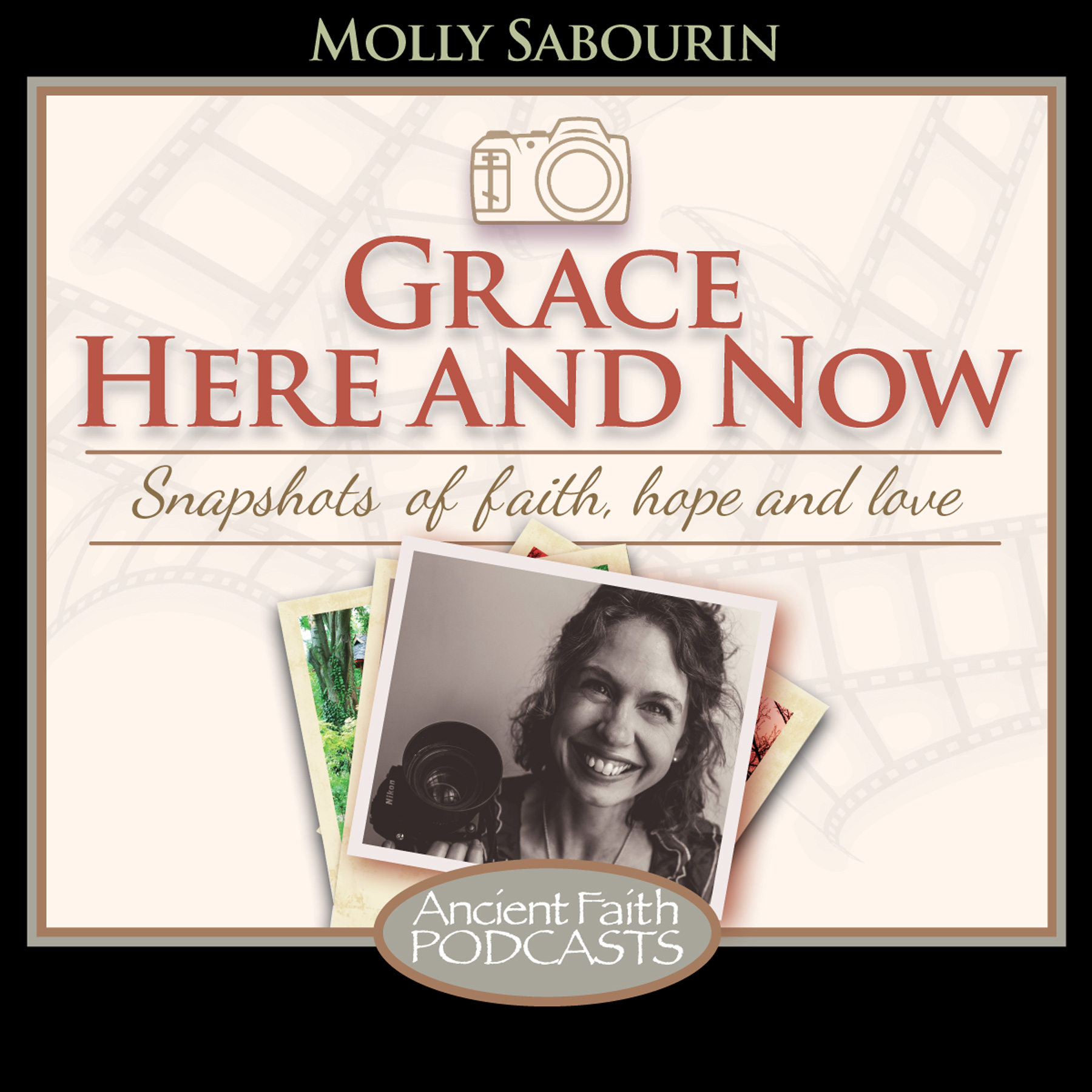I open the refrigerator, and there it sat: the leftover birthday cake, thickly iced and irresistible. It had been a long celebratory weekend of gorging on food and fun, and now I was tired, bloated, and heedless. With my defenses down, I caved instantaneously, devouring forkfuls of sickeningly sweet buttercream frosting containing but small slivers of actual cake, knowing full well I’d regret it, but unable to stop myself. All that night, of course, I felt awful.
My kids have a picture book I just adore, called Seven Lonely Places, Seven Warm Places: The Vices and Virtues for Children. Within it, the virtues and vices are illustrated and explained in such a way that is both powerful and relatable. In the vices section, author April Bolton describes gluttony as
a big, wide hole that you can’t fill up. Gluttony makes you look at the box of chocolate-chip cookies and think, ‘Yes, yes, yes… they must all go not beside me, not next to me, but inside me. The whole world belongs inside me.
Accompanying this description is a drawing of a boy frantically shoving cookies into his mouth, not with enjoyment but compulsion. He is alone. The image is dark, monochromatic, and pretty depressing. It is an accurate depiction of the realities of becoming enslaved to cheap desires. The initial high of feeding your impulses plummets swiftly and steeply into self-loathing and obsession. The unchecked consumption of food, alcohol, base entertainments, material possessions, what have you, chains a person physically and spiritually to rampant dissatisfaction and earthly cares.
The next morning, still battling lethargy and regret from my sizable lapse of willpower, I woke craving boundaries and moderation. I longed for self-discipline and for good, nutritious food, and stimuli that would be medicinal instead of destructive to this temple, my soul and body. I was starving for divine beauty, routine, productivity, and connection with God.
Oh, my passions. They weigh me down so. Christ’s invitation to deny ourselves and follow him, and the Church’s, to fast from excess in preparation for his death and resurrection, is so merciful in that it offers the only true hope there is for rising above the worldly chaos and sickness, suffocating our joy, peace, and love for our neighbor.
I fall and fall and fall off the proverbial wagon, and the misery that inevitably ensues drives me back to remembrance of the one thing needful. Nothing purifies my heart and spirit like self-denial motivated by nothing other than the recognition of my own infirmities, and desperation to remain in the healing presence of the Holy Trinity. If, through repentance and dogged resilience, I keep working on emptying myself, he will fill me with himself. And less of me, more of Christ equals love, joy, peace, patience, kindness, gentleness, faithfulness, and self-control.
At the end of that wonderful book is a sweet and profound prayer I want to share, because I tend to over-complicate what is actually quite simple. Vices are isolating, harmful, and heavy. Virtues connect and heal; they are light. The narrow path, as arduous and demanding as it is, is actually the freeing path, and the only path that leads from death to life.
Dear God, help me to stay away from pride, greed, envy, anger, lust, gluttony, and sloth, because they put me in places so lonely I can’t feel your love. Help me to try always to act in ways that give me the warm feelings of being prudent, just, brave, and temperate, and to have faith in you and hope in you, to love other people and to love you. Amen.

 Molly Sabourin
Molly Sabourin